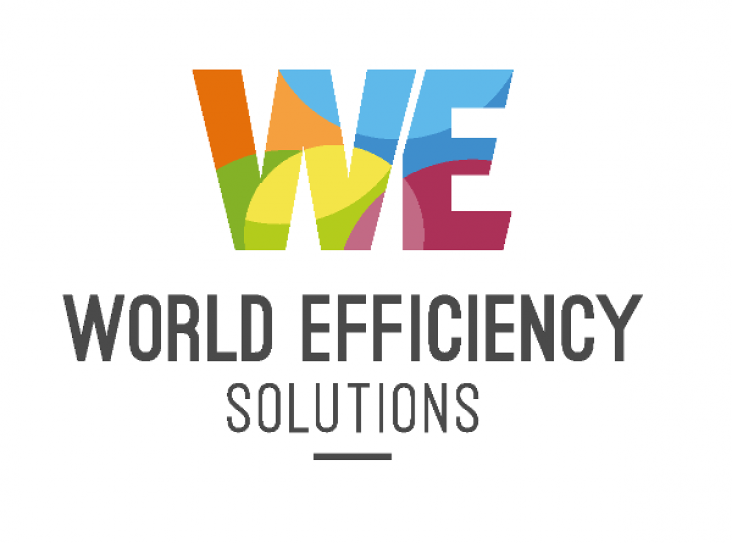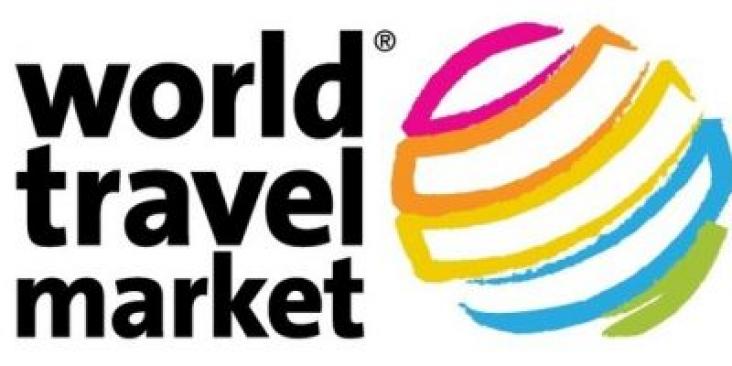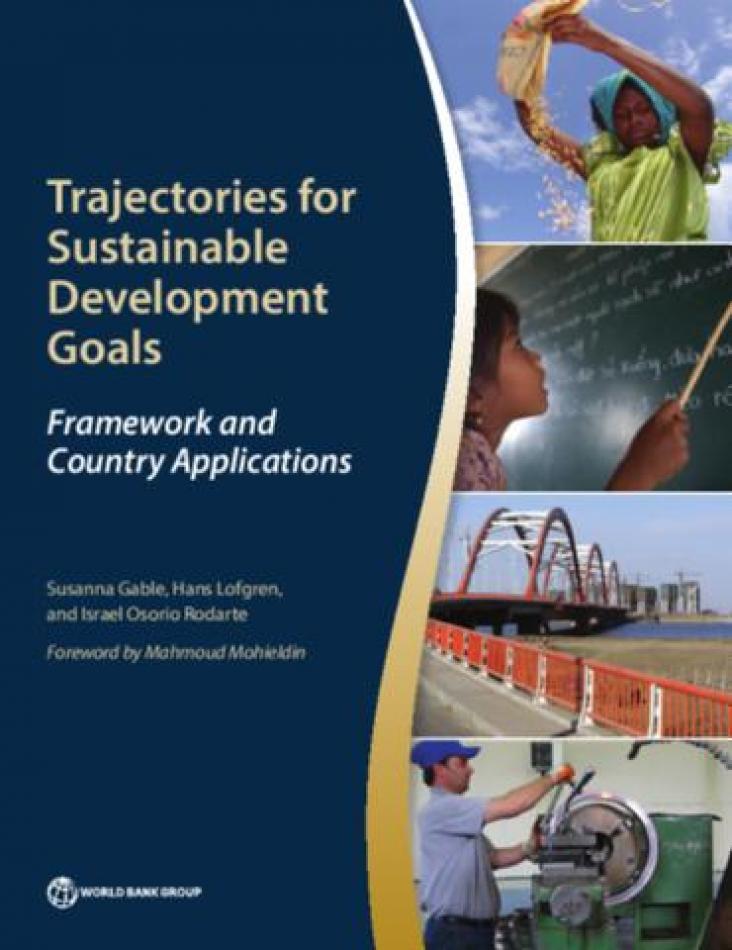This study was conducted to investigate how the legal framework governing the Bangladeshi fishery sector can be reformed through measures such as governance reform, increasing coordination between adm
Among the different pharmaceuticals present in soil and water ecosystems as micro-contaminants, considerable attention has been paid to antibiotics, since their increasing use and the consequent devel

World Efficiency Solutions (WES) is the premier international meeting for the low-carbon and resource-efficient economy focussed on creating the low-carbon and resource-efficient market place. WES was first held in 2015 in Paris during COP21 negotiations, focusing on climate change solutions. World Efficiency develops a new environment consensus: economic and human activities must, to be sustainable, be redesigned to limit their impact on the environment while awareness of the planetary limits (climate change and resources scarcity) becomes widespread. A key objective for WES 2017 is to Identify new market opportunities aligned to the 2030 Sustainable Development Goals (estimated market opportunities are larger than USD 12 trillion) and the Paris Agreement on Climate Change from 2015.

World Travel Market London provides a unique opportunity for the whole global travel trade to meet, network, negotiate and conduct business. For many years, WTM London has organised World Responsible Tourism Day, with the support of the United Nations World Tourism Organization. This is the world’s largest industry event focused on efforts to make the industry more responsible and sustainable. Each year leading figures from the industry, along with representatives of civil society and key organisations, gather to discuss the key issues facing the sustainable development of tourism
This book chapter advances SDGs 12 and 14 by focusing on the importance of fisheries and its role in human development, considering historical aspects, the main uses of targeted taxa, and their capture methods, which include the use of animals.
The United Nations Sustainable Development Goals (SDG), adopted in September 2015, are accompanied by targets which have to be met individually and collectively by the signatory states.
Since the 1950s the amount of plastics in the marine environment has increased dramatically. Worldwide there is a growing concern about the risks and possible adverse effects of (micro)plastics.
Fisheries constitute an important source of livelihoods for tens of thousands of poor people in the southwest coastal region of Bangladesh, and they supply a significant portion of protein for million

This book presents the country development diagnostics post-2015 framework, developed by the World Bank Group to assess the country-level implications of the post-2015 global agenda, as well as brief, ‘at-a-glance’ applications of the framework to ten countries: Ethiopia, Jamaica, the Kyrgyz Republic, Liberia, Nigeria, Pakistan, Peru, the Philippines, Senegal, and Uganda.
Today, accredited zoos are not just places for entertainment, they are actively involved in research for conservation and health.
